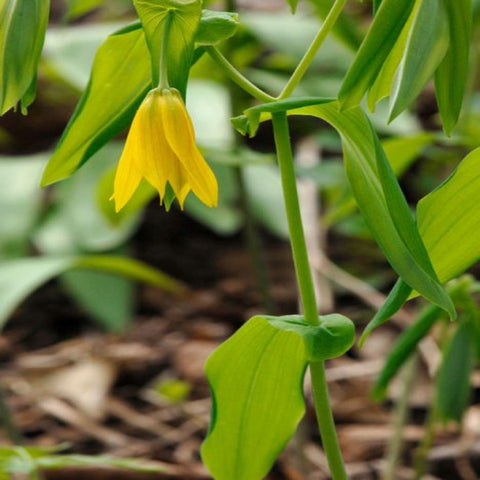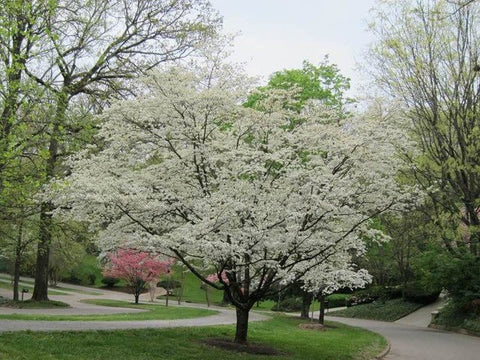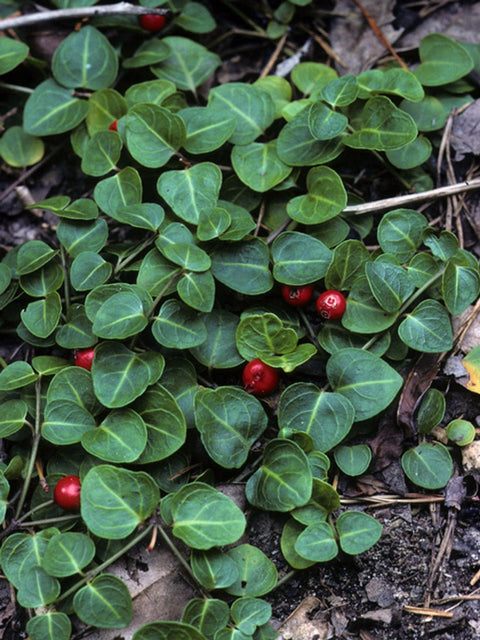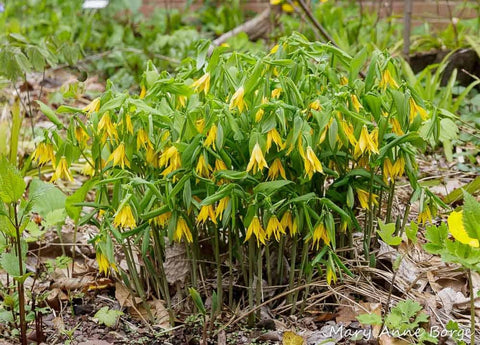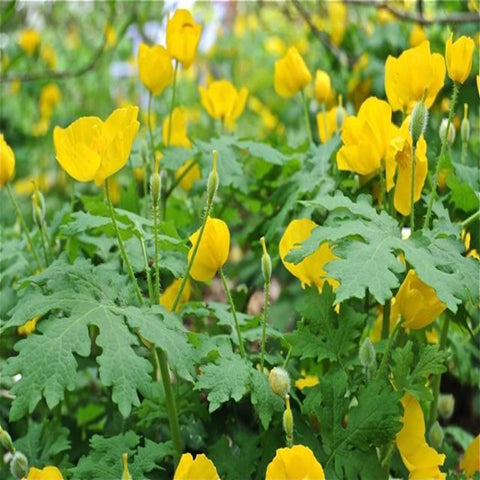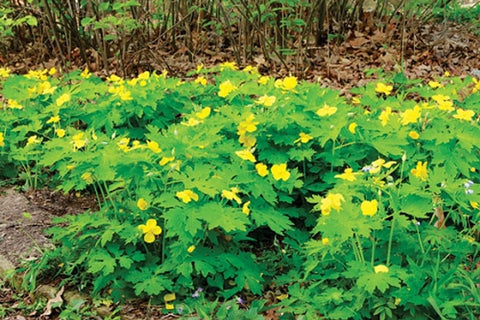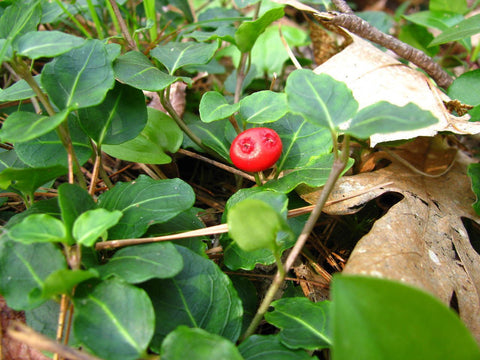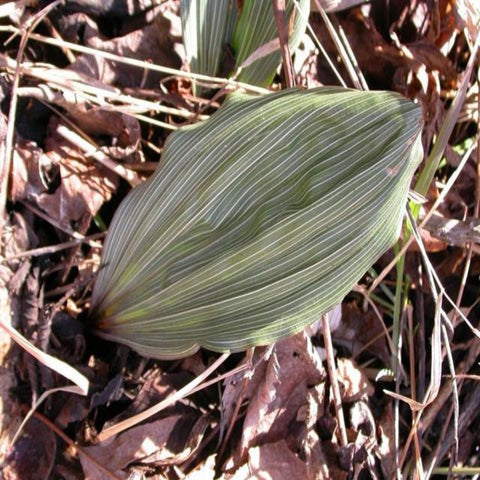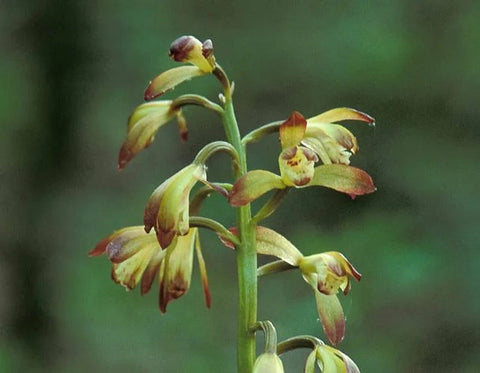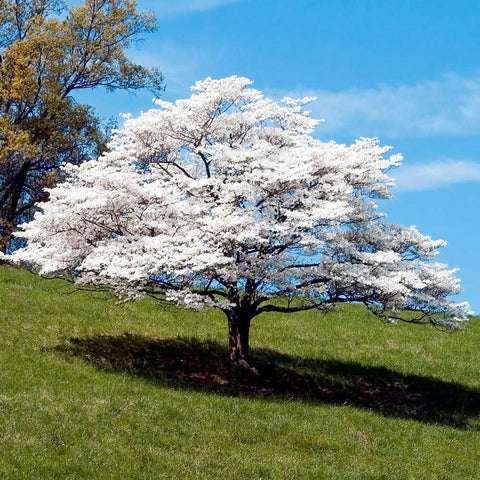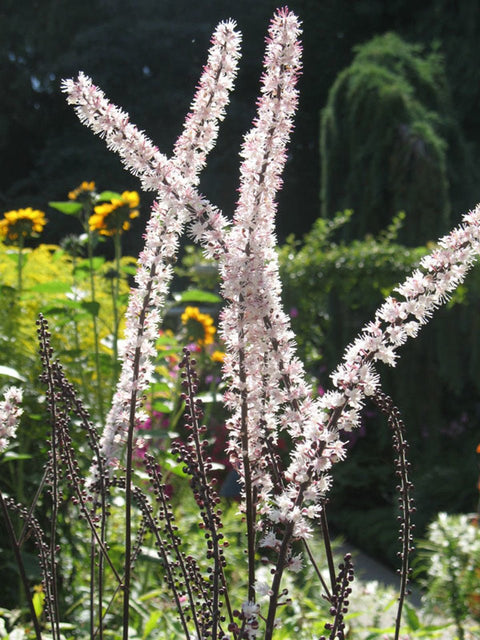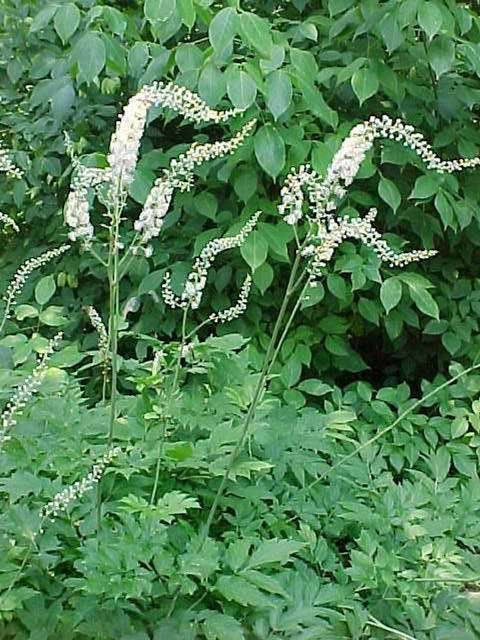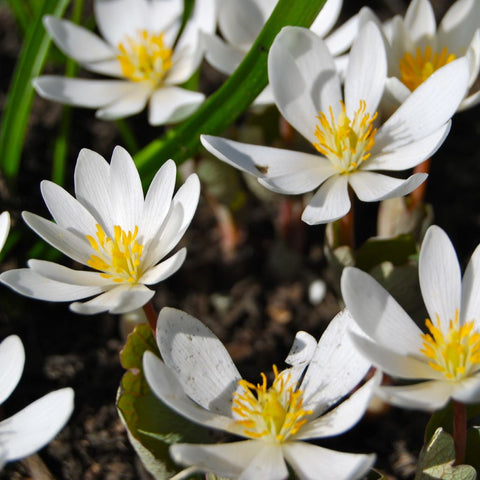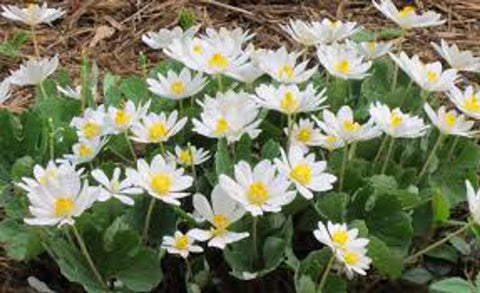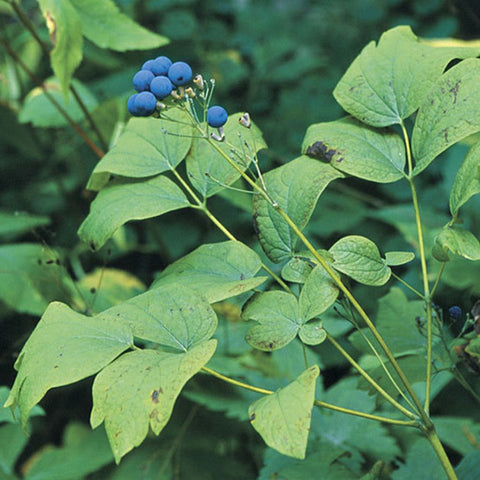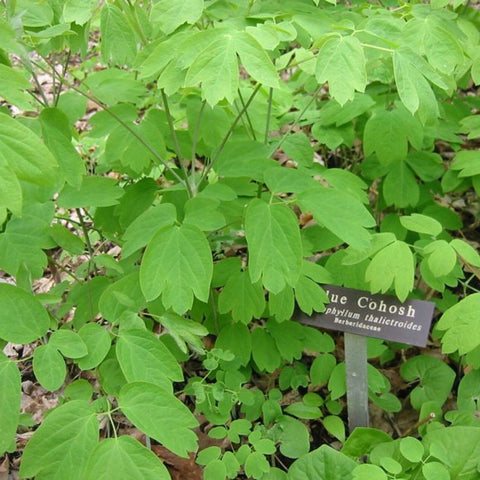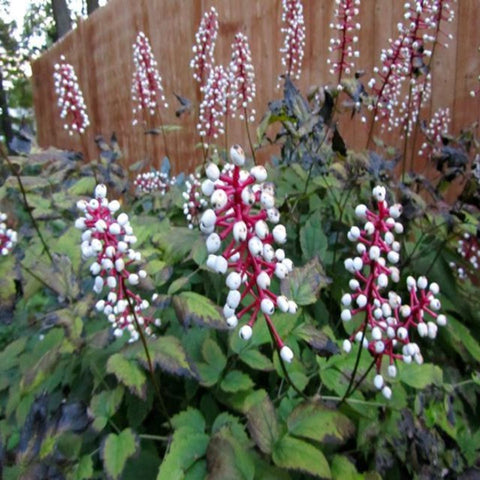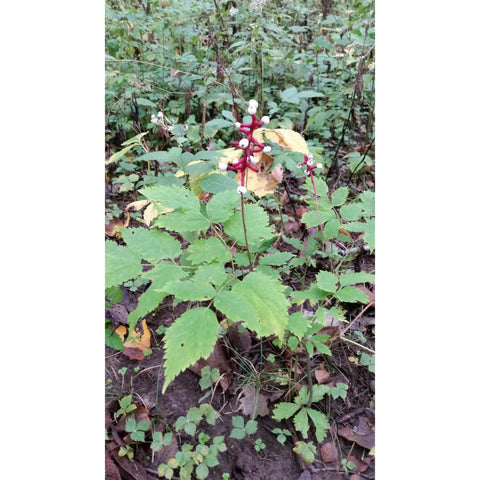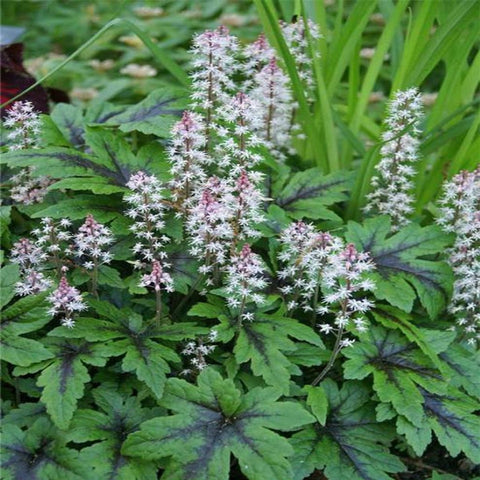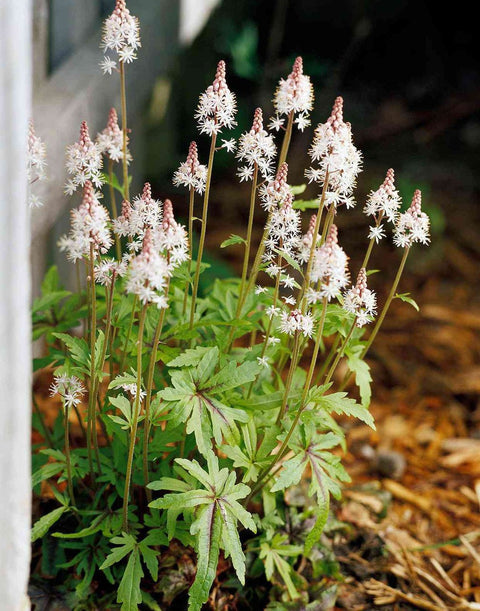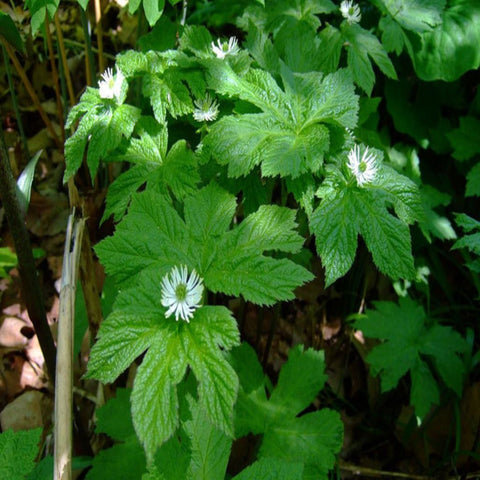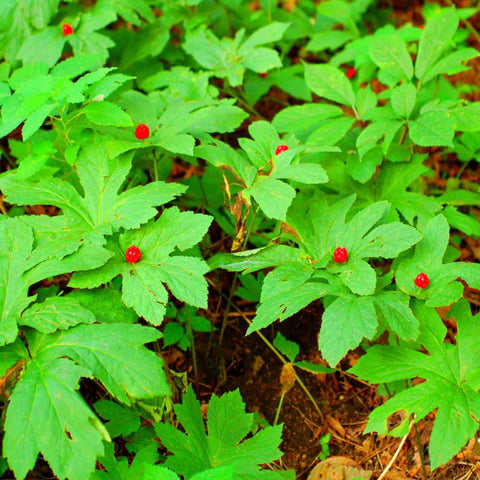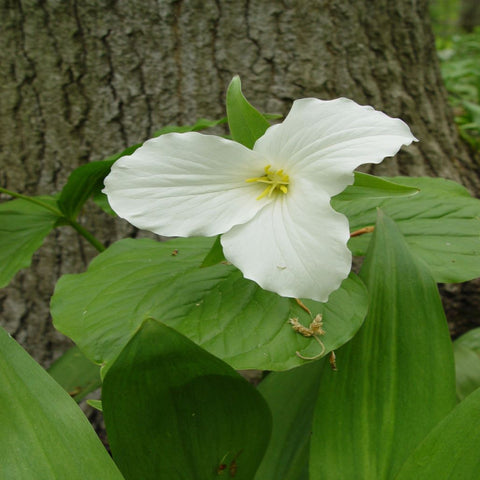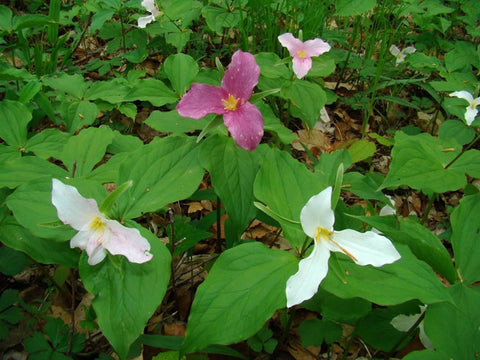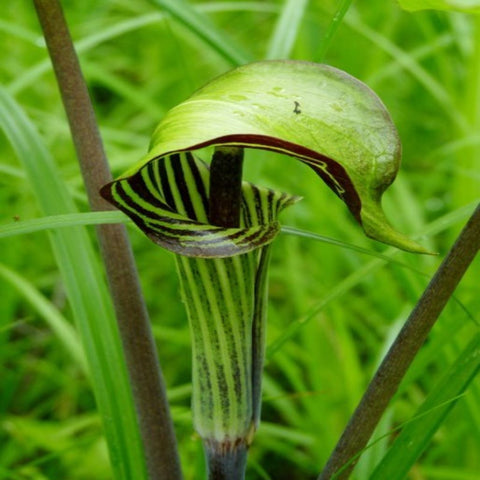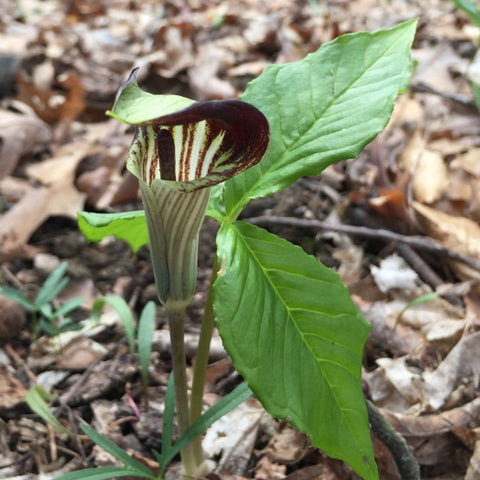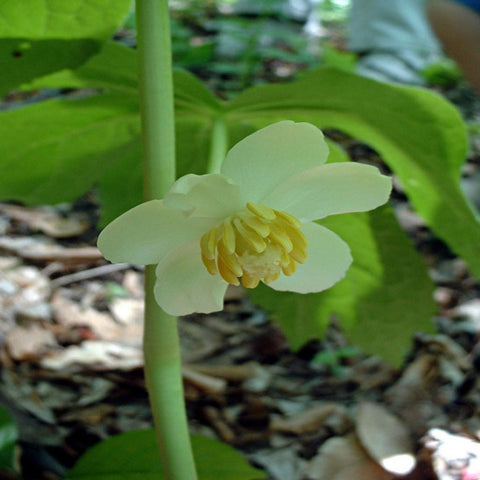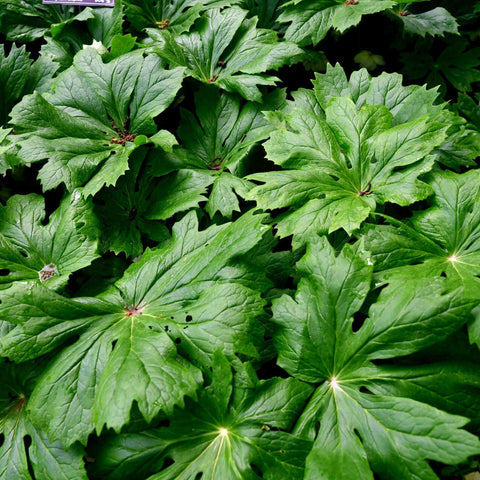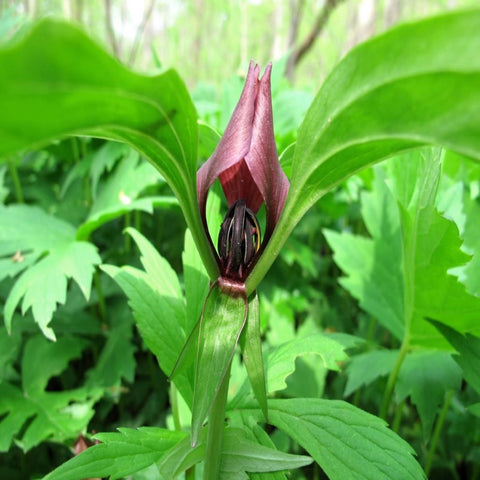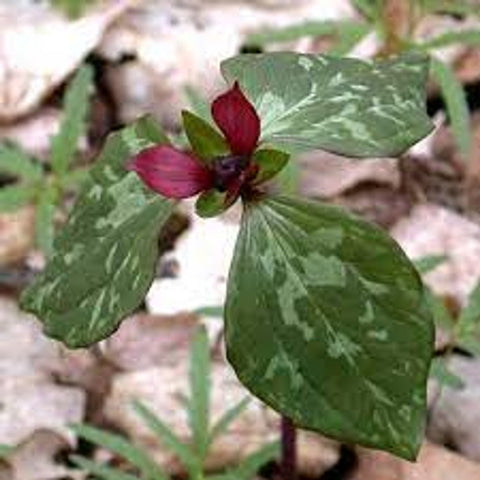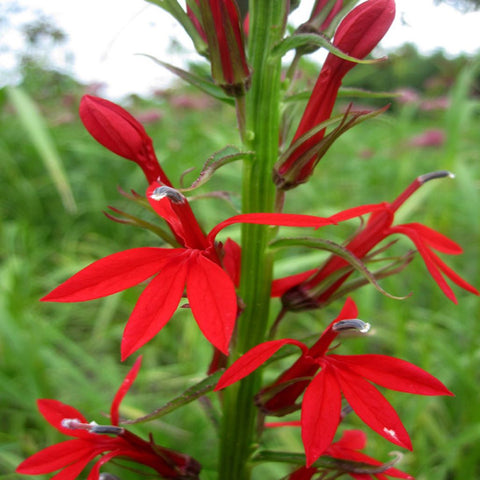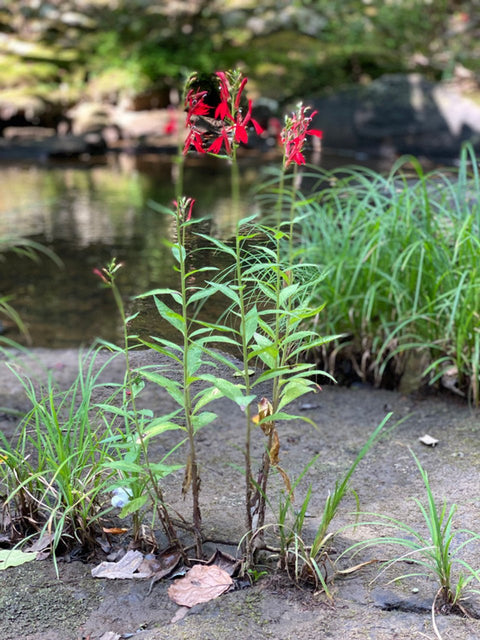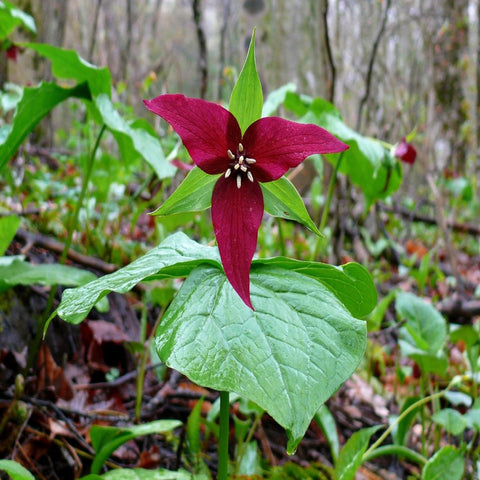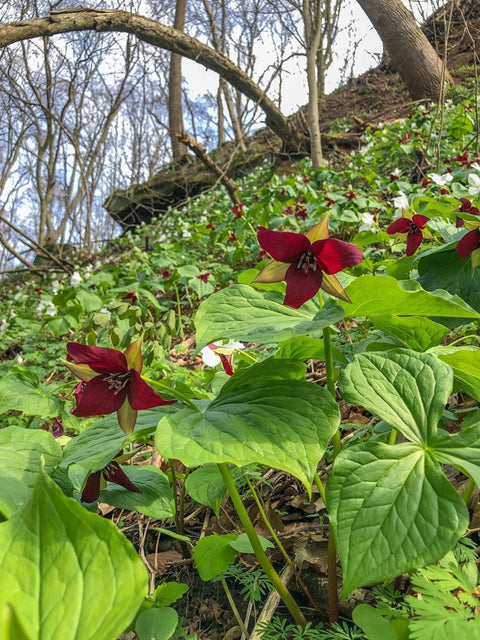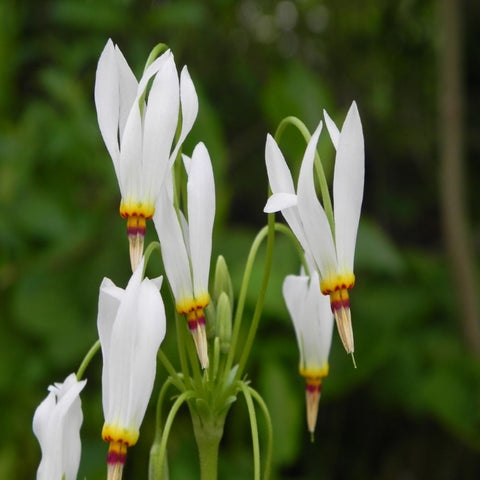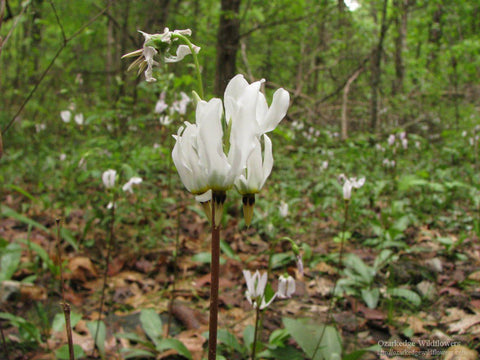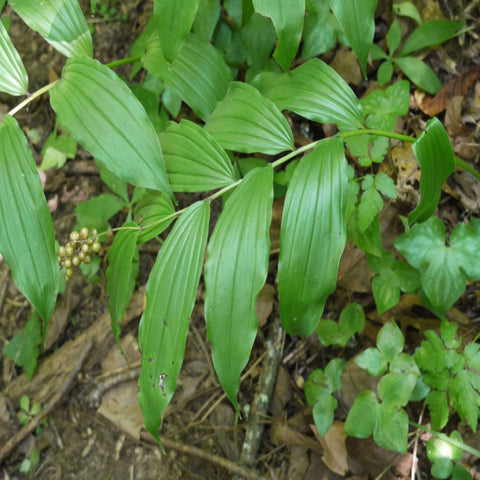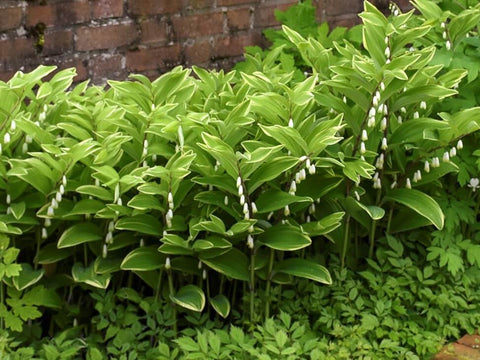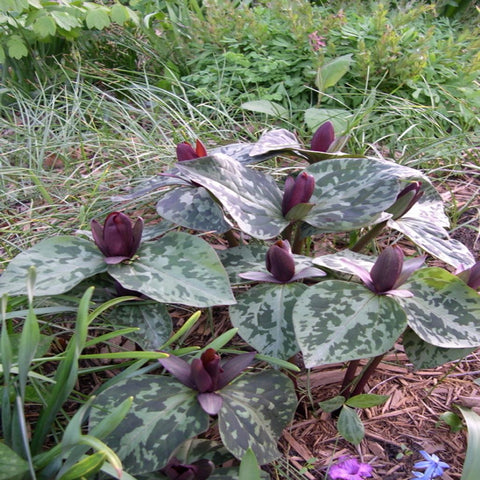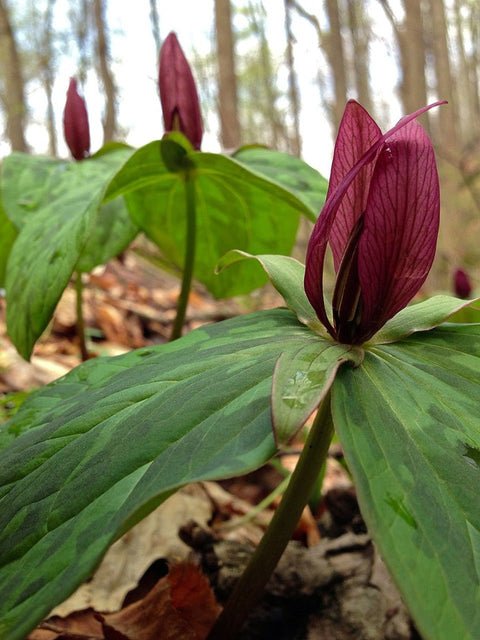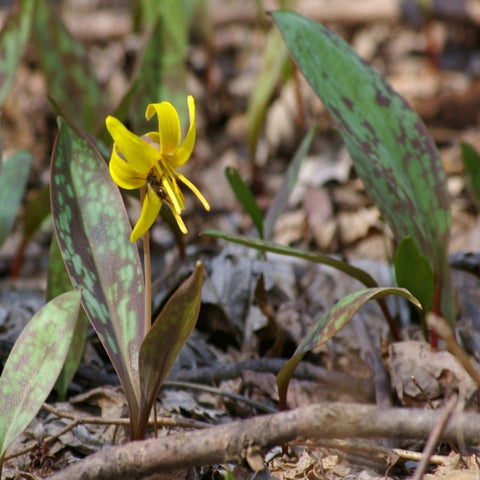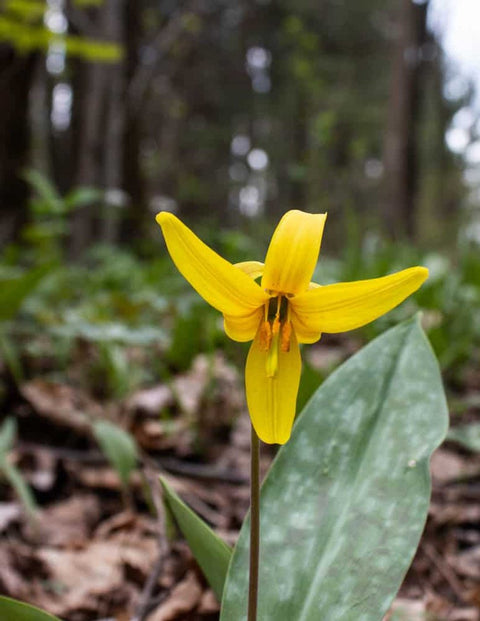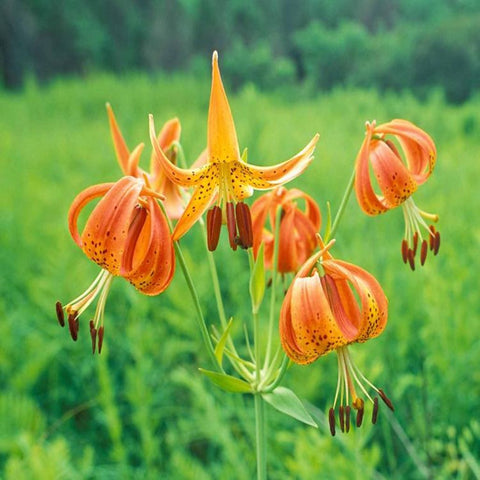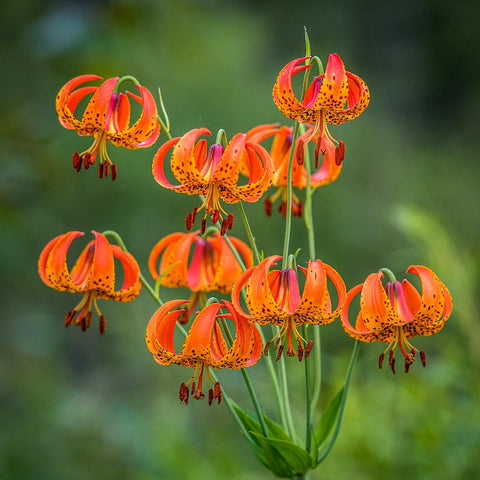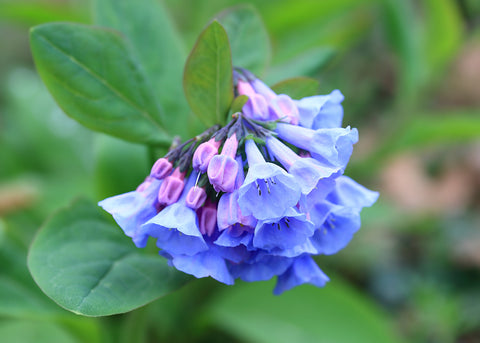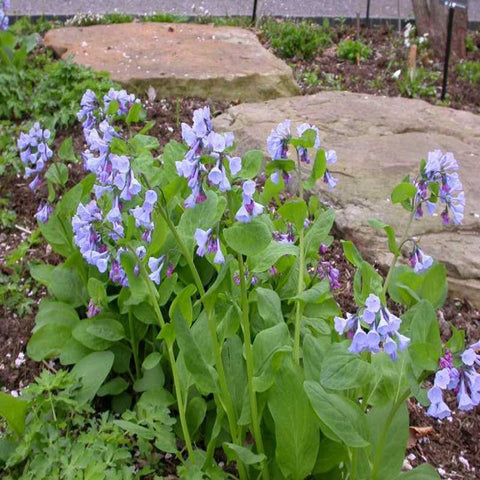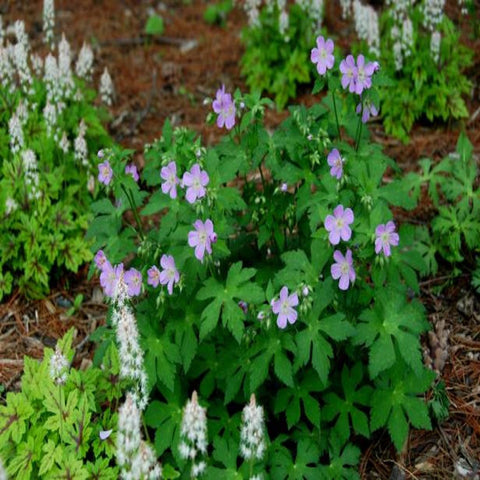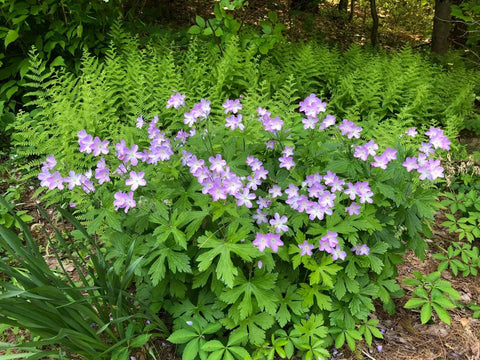45 products
Why Native Plants are an Excellent Choice to Buy
What are native plants?
Native plants have been growing in an area or region for an extended period. They are found in many areas of the environment, including forests, fields, swamps, deserts, and all types of ecosystems. For example, some native plants grow well in the dry soil found on the edges of fields.
Native plants have evolved with their environment and are better adapted to survive in their natural habitat. They have several benefits for homeowners and landscapers, making them a good choice.
What are the benefits of native plants.
1. They Add a Great Look And Feel to the Garden
Native plants are an excellent choice for most gardeners, as they provide a great look and feel with often stunning colors that can't easily be replicated by the less-adapted plants found at your local Home Depot. Native plants also result in a very low-maintenance garden because they are hardier than their non-native counterparts and require less water and nutrients.
2. They Are Resistant To Pests and Diseases
Native plants are an excellent choice for gardeners who want a smaller footprint and less use of pesticides. Native plants generally require fewer chemicals to keep them looking healthy, but only those that are not toxic to humans or animals. Additionally, native plants are better adapted to the environment than non-native specimens because they evolved in a similar climate and location as their wild counterparts and were not subject to foreign pests, chemicals, and pathogens.
3. Native Plants Help Landscapers and Homeowners Conserve the Environment
Also, gardeners who want to reduce their carbon footprint should look for plants native to their region, which will help conserve the natural resources used to grow these plants. Native plants also save water in the Garden and require fewer nutrients than non-native plants.
4. They Restore Habitat for Wildlife
Planting native species in your Garden can help wildlife recently displaced from its habitat due to development or other human activities such as logging and farming. For example, pollinator insects such as butterflies and honeybees need native flowers to feed themselves, which will encourage them to pollinate your Garden's flowers actively and produce, so you get more significant fruit or vegetables without the need for pesticides.
5. They Are Suitable For the Ecosystem
Plants native to a region are essential to ensuring a healthy ecosystem. Their roots will reach deep into the soil, breaking up nutrients and helping to keep the water cycle stable by absorbing moisture from rain or snow and releasing it back into the air in dry seasons. By providing plants with food, such as insects or birds, native plants create a food chain that benefits other wildlife and pollinators in your Garden.
6. Native Plants Attract Wildlife and Pollinators
Honeybees, bumblebees, butterflies, birds, bats, and other species that function as pollinators can help increase crop yields by providing essential services to farmers throughout the country. The return of dwindling bee populations has encouraged many farmers to start growing specific plants that can sustain large populations of these essential insects by providing them with food sources like nectar or pollen.
7. They Can Help You Save Money
When you buy native plants, they can help you save money on your utility bills by reducing the need for electricity or water. You will also significantly reduce greenhouse gas emissions by lowering the air pollution from pesticides and fertilizers needed to maintain non-native plants. Reducing fertilizer use can also help reduce global warming and its harmful environmental effects.
8. Native Plants Improve the Quality of Air around Your Home
When you buy native plants, they will filter pollution and dust particles out of the air around your home. You will also have less pesticide residue on your skin and clothes. This benefit can be especially beneficial if you have children or pets, as they may not be as sensitive to chemicals found on non-native plants.
Why buy native plants?
Native plants are better for the environment because they are not killed by freezing temperatures or fire. Their adaptations to their environment allow them to easily survive in harsh weather conditions and protect them from diseases and pests that can destroy non-native plants. Furthermore, native plants have richer colors, which make them more visually appealing in the Garden and will also play a significant role in attracting pollinators like butterflies and bees that can help produce bigger yields of crops.

